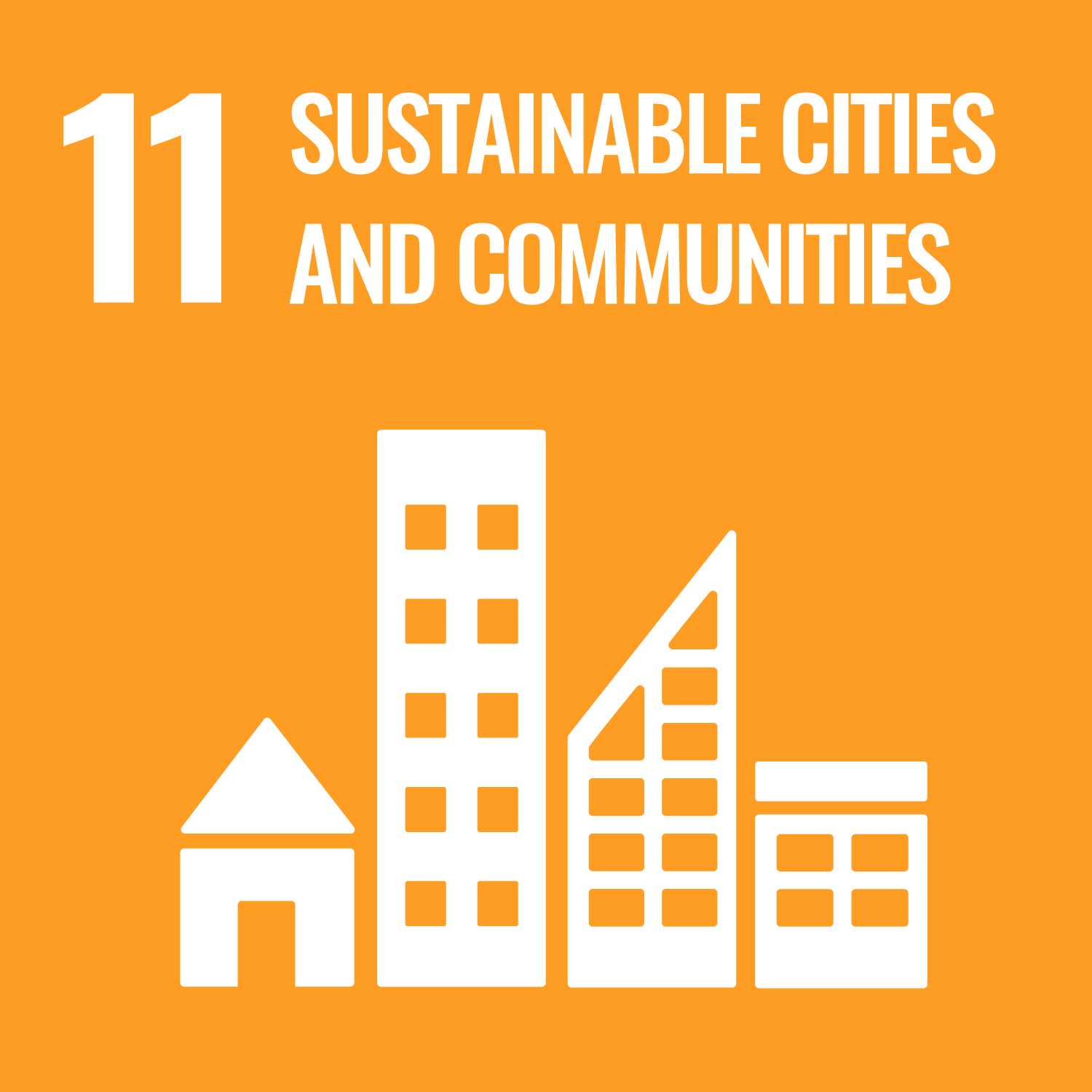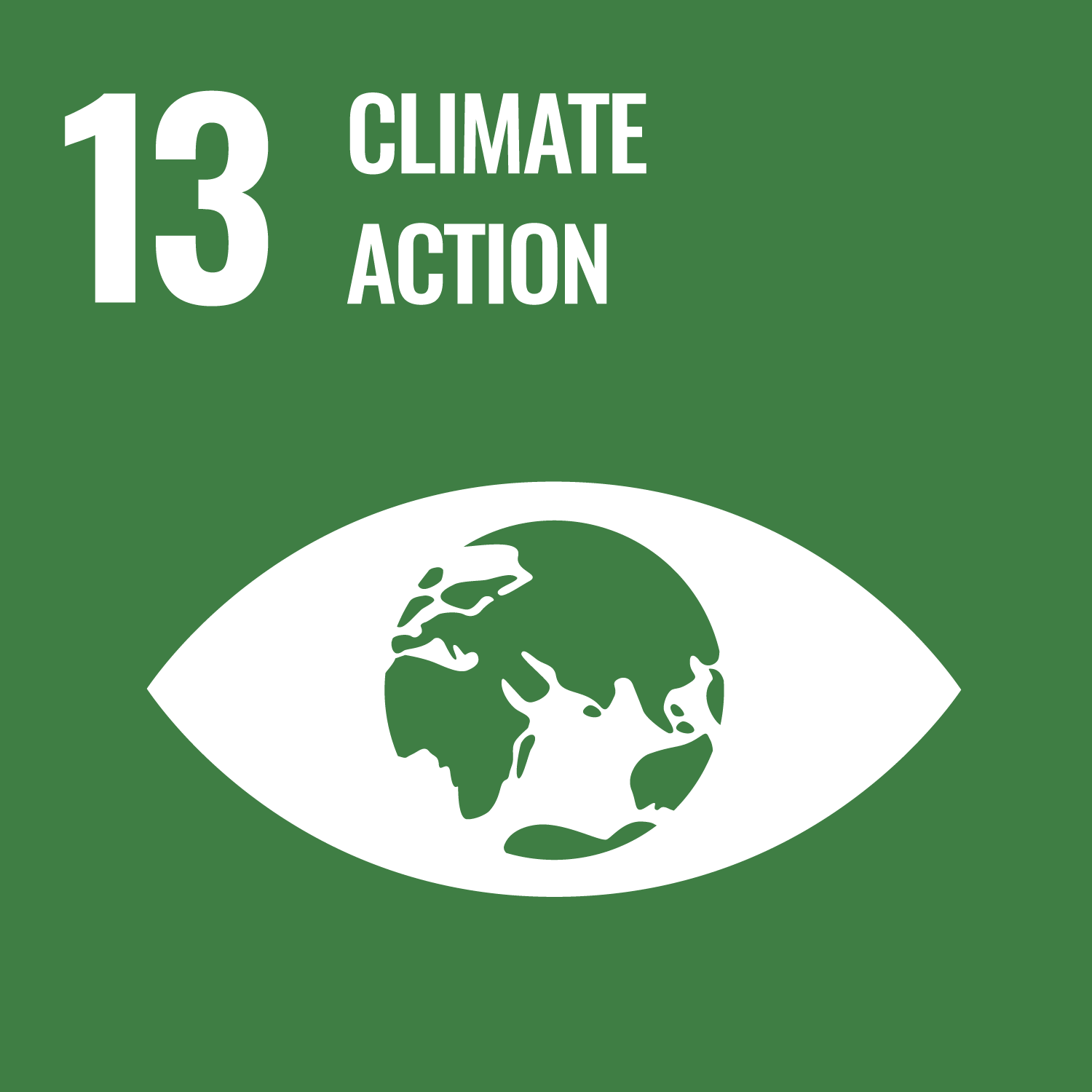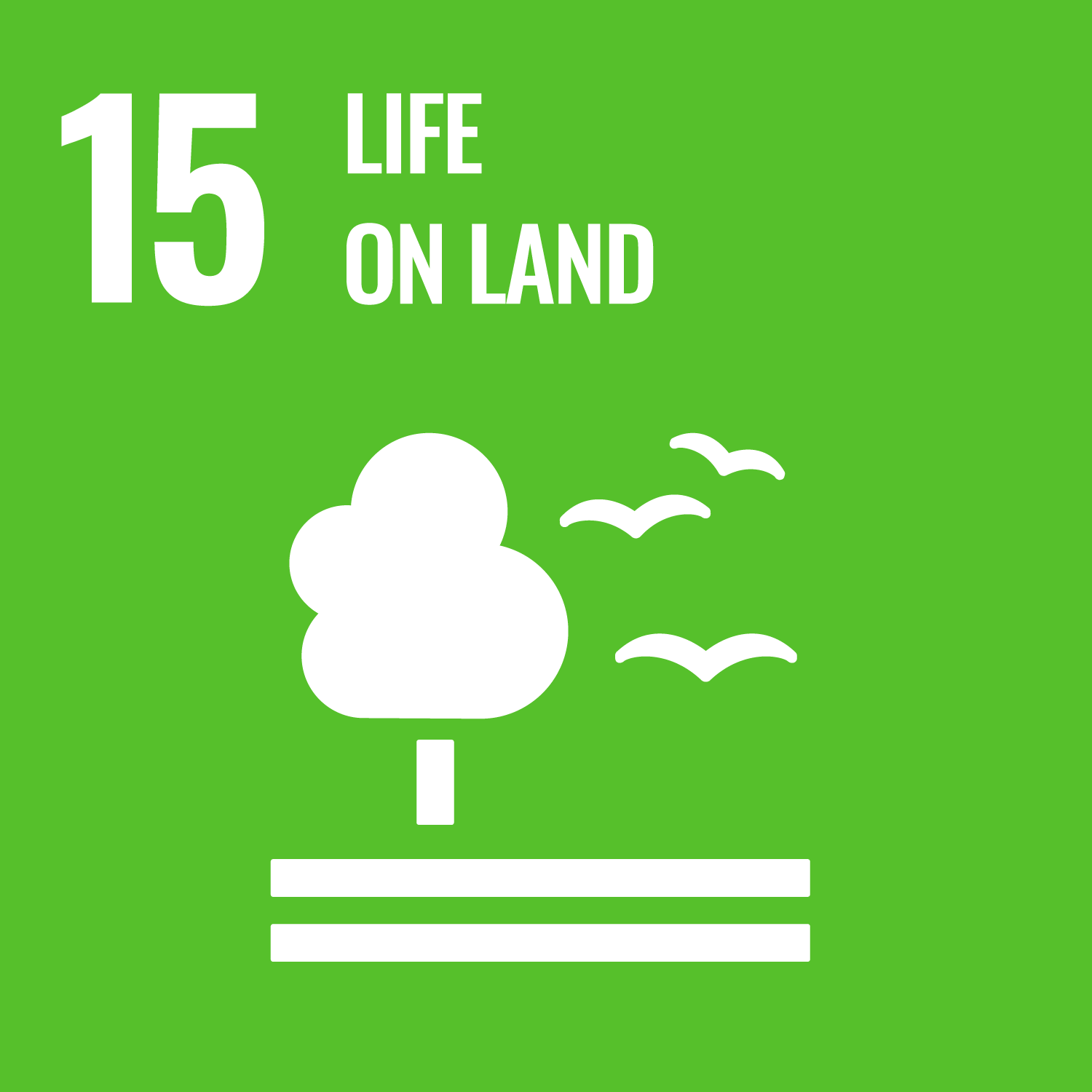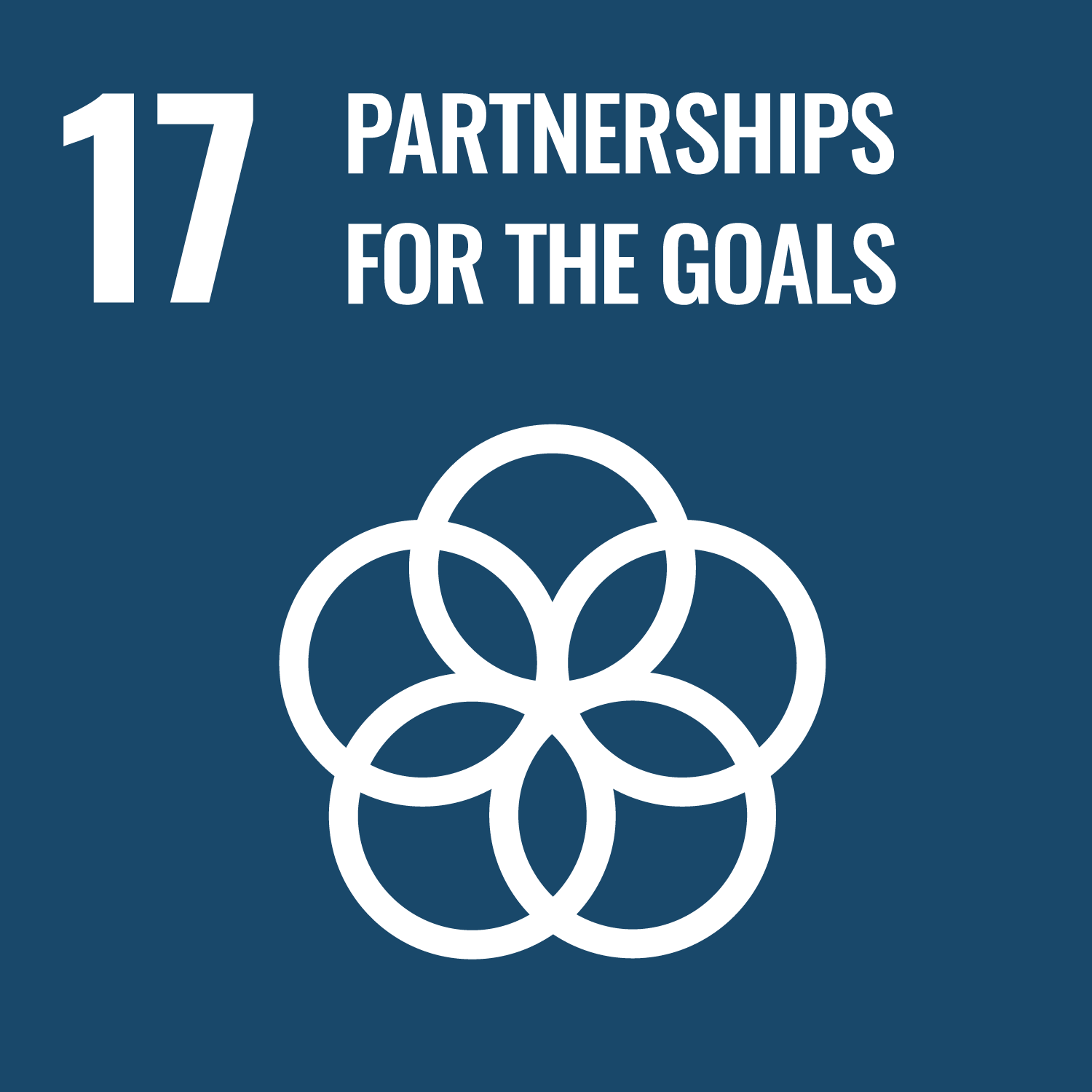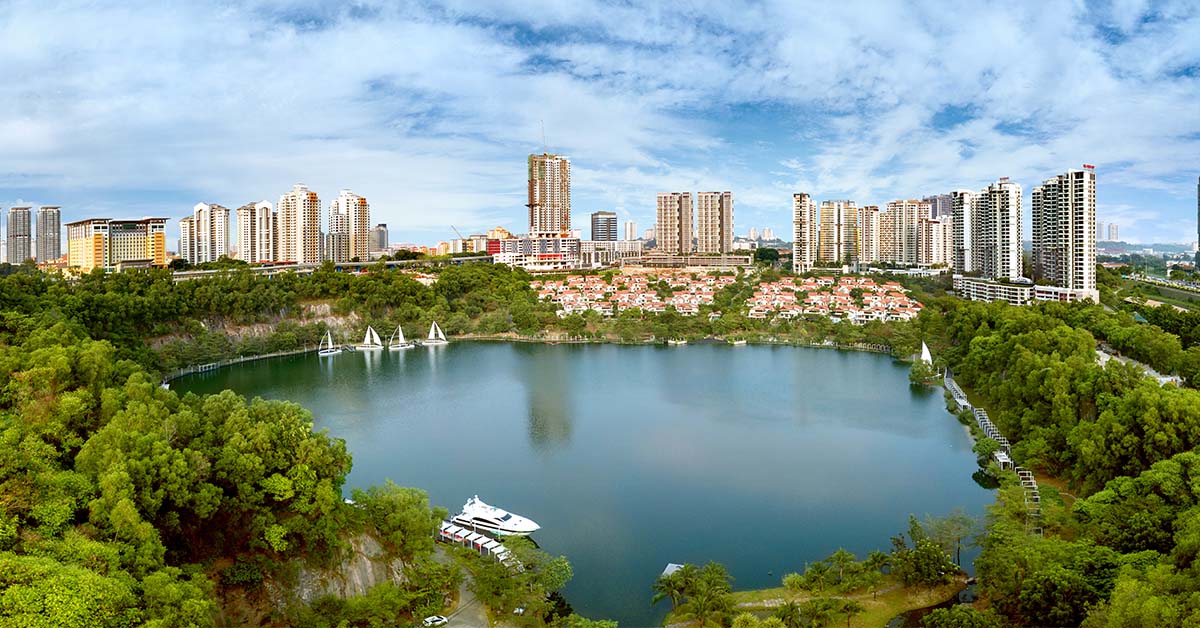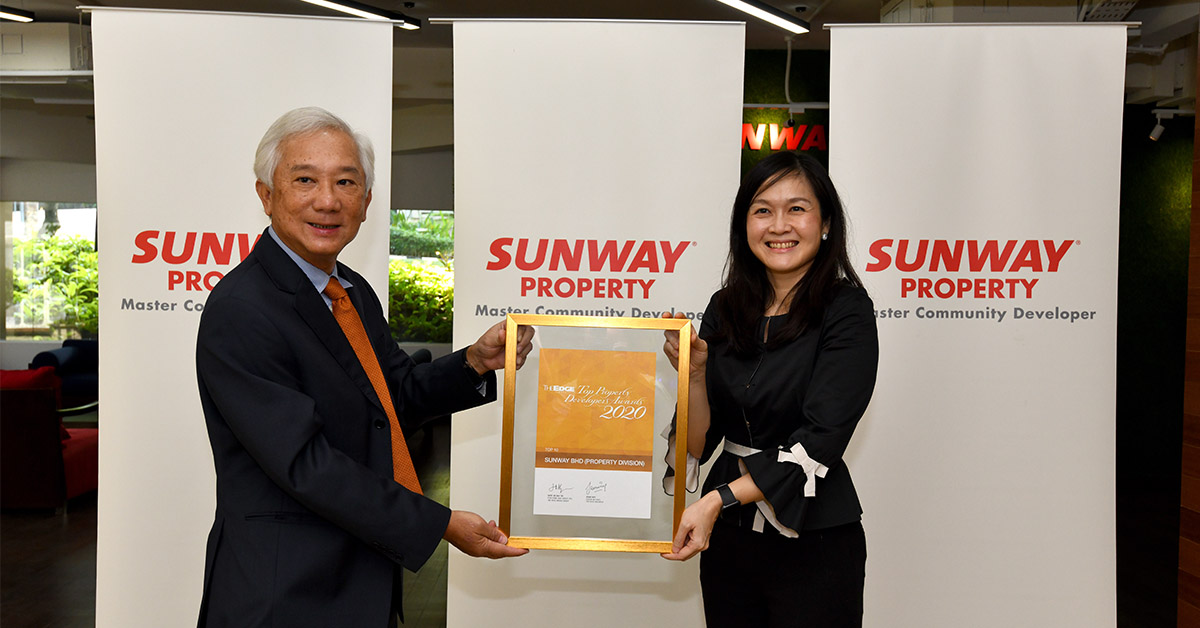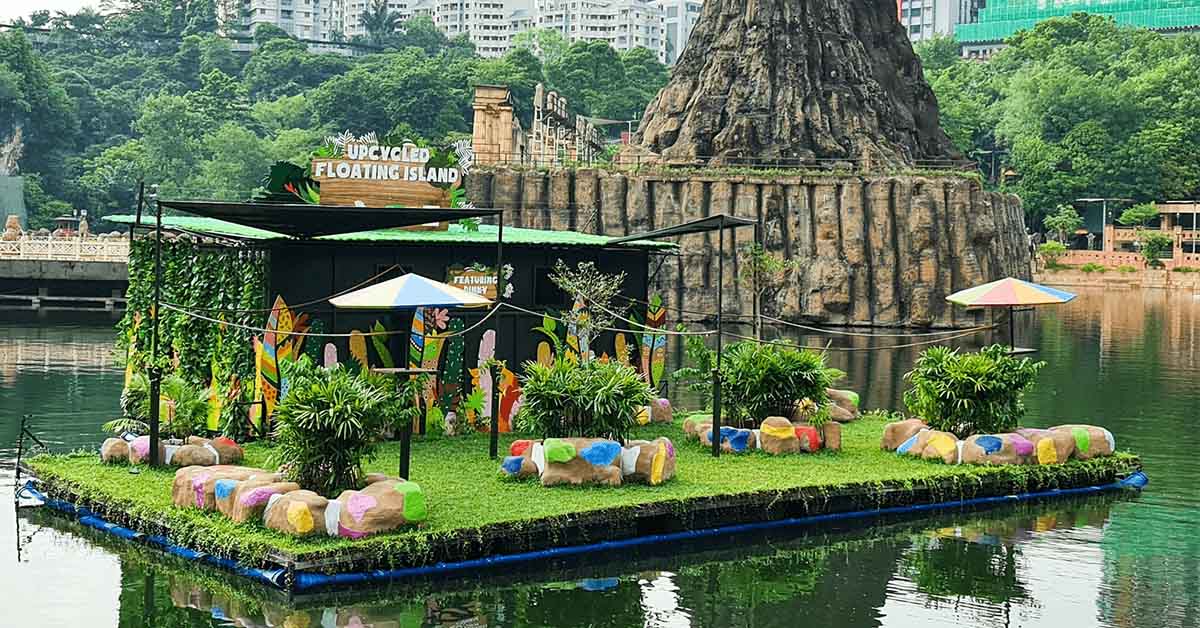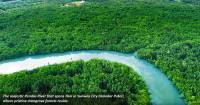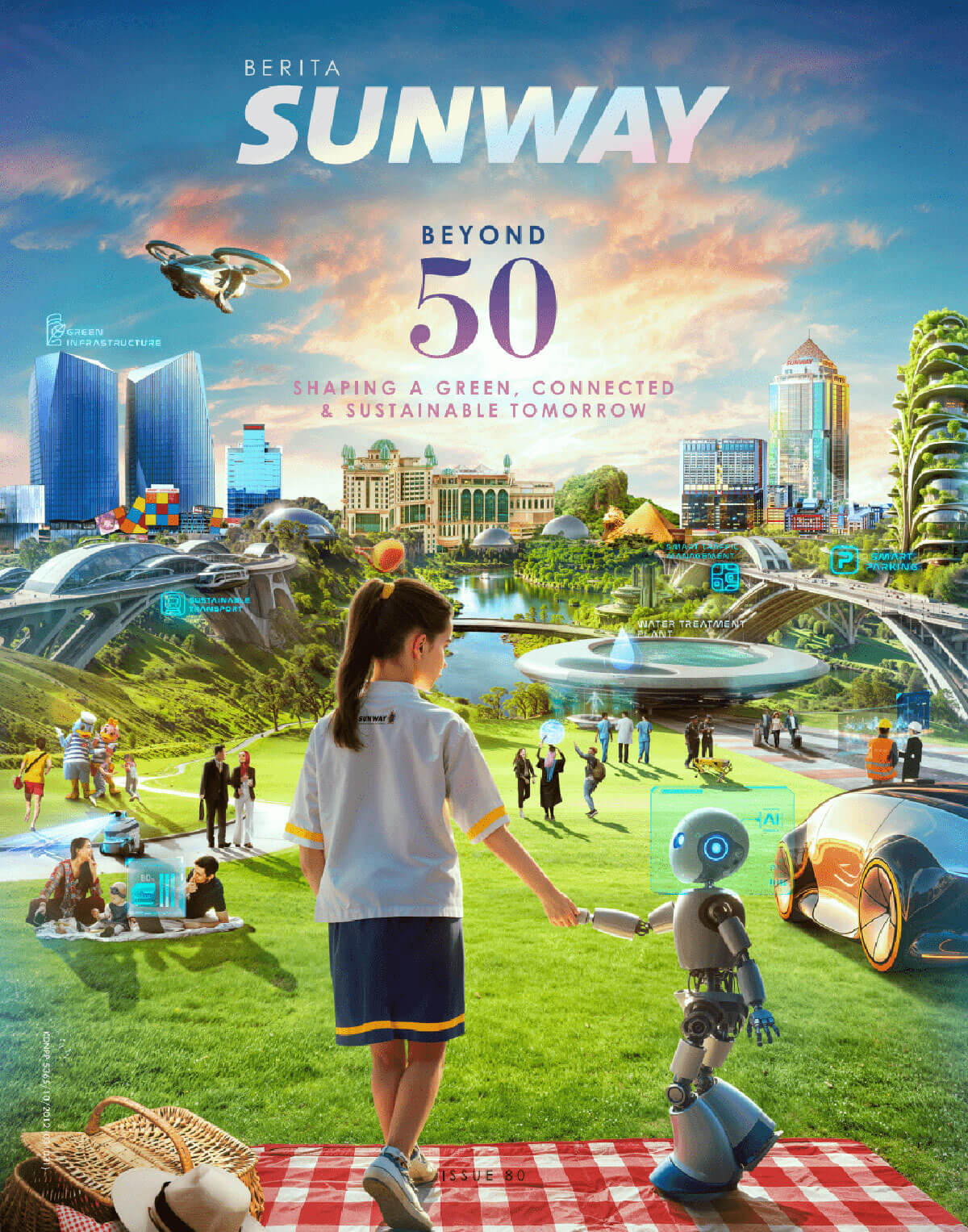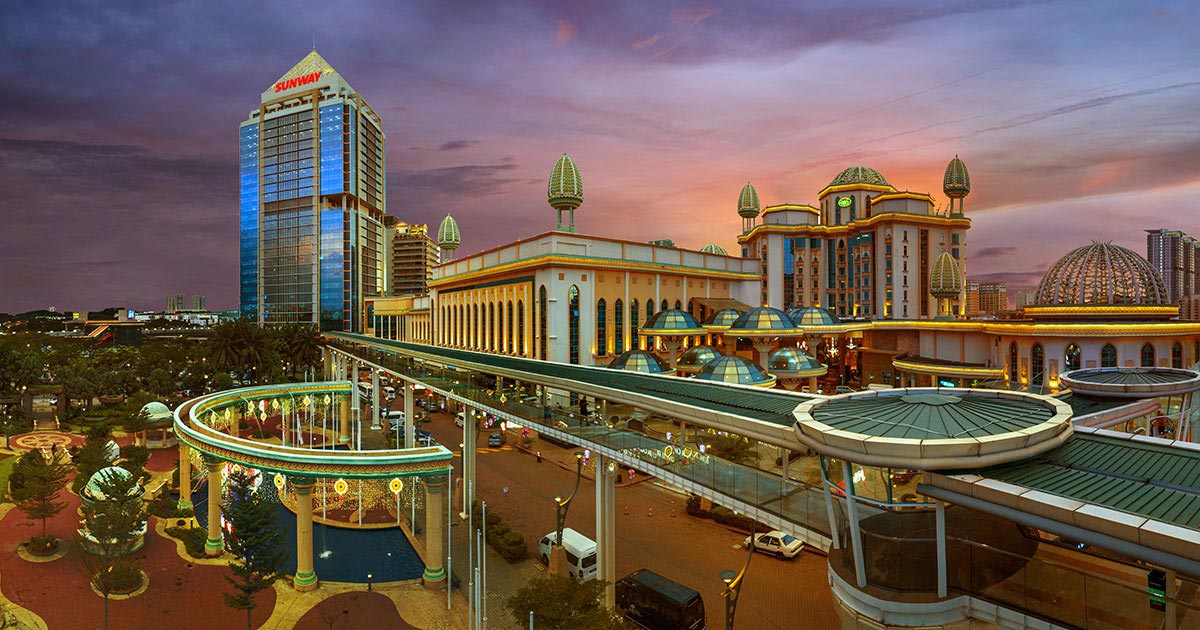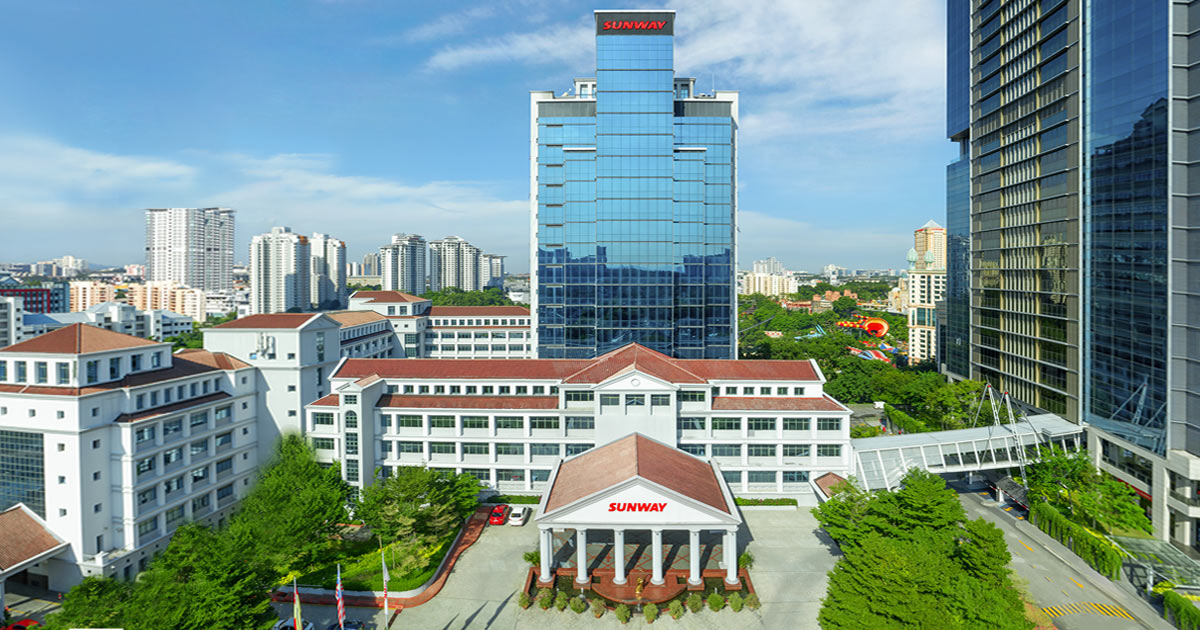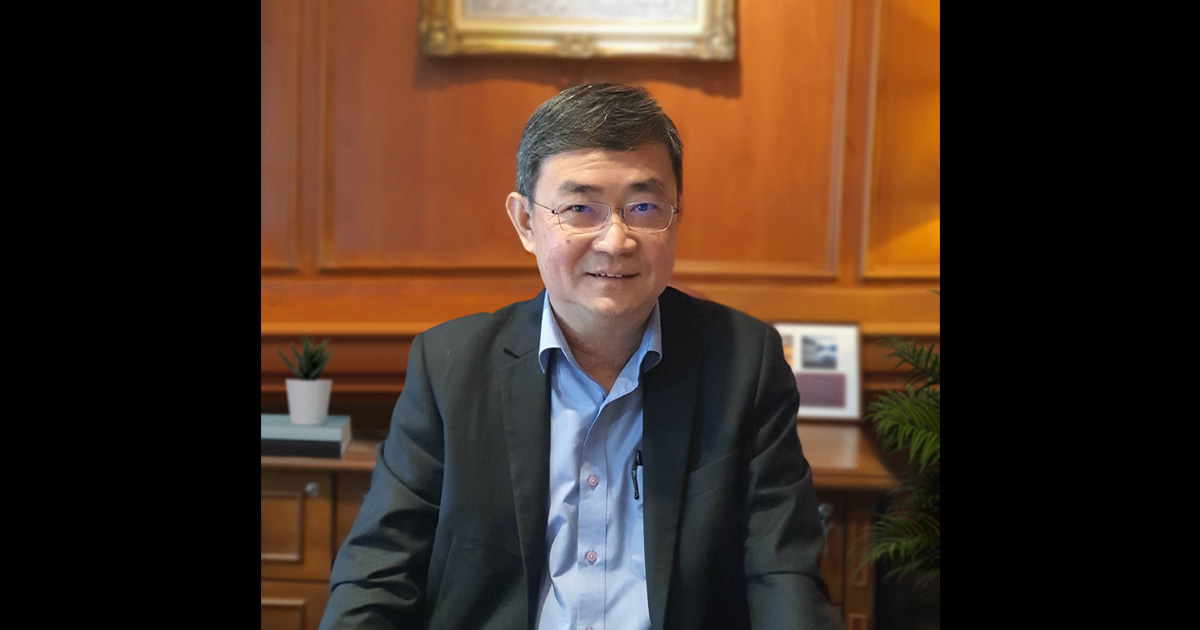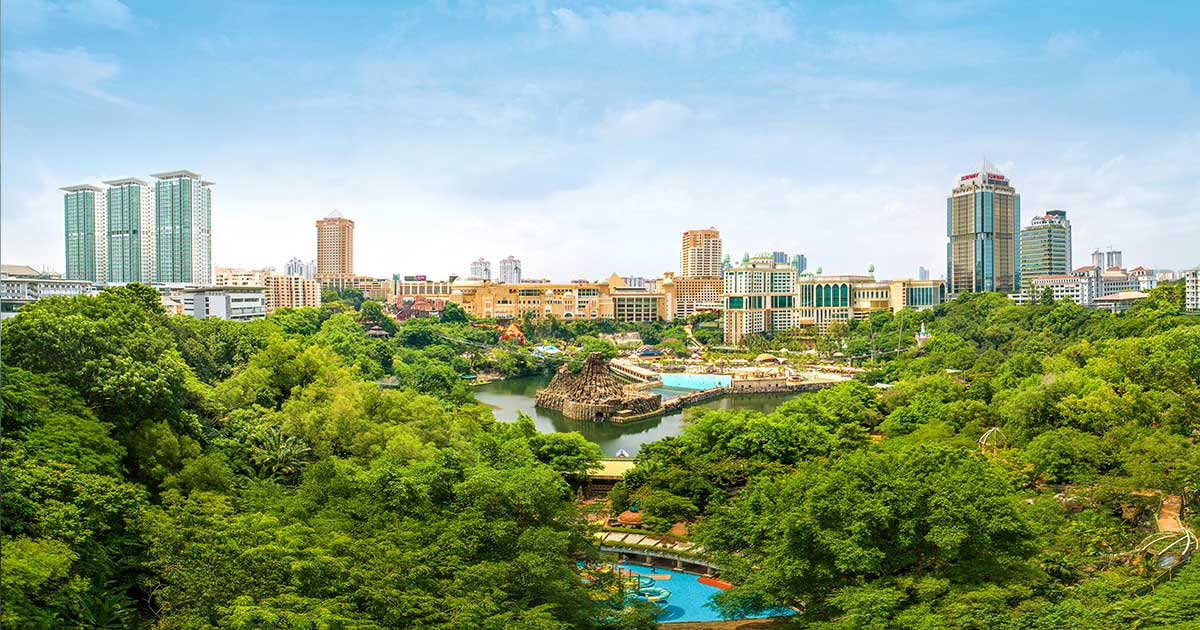Why Sustainability Must Continue in a Pandemic
-
The devastation left in the wake of the pandemic means that sustainable development is needed more than ever – not just for recovery efforts but to build a more resilient future.
The COVID-19 pandemic has upended the world as we know it, worsening existing inequalities in society and derailing decades of progress made towards achieving the United Nations Sustainable Development Goals (SDGs) by 2030.
While ‘infectious diseases’ was ranked as the top global risk facing the world in the next decade in the World Economic Forum’s Global Risks Report 2021, other global risks such as climate-related ones (extreme weather, climate action failure, human-led environmental damage), jobs crisis, digital inequality and cybersecurity, are just as pertinent. Left unchecked, these threats will have equally devastating and far-reaching consequences, and even hinder pandemic recovery efforts.
According to the World Bank’s ‘Poverty and Shared Prosperity’ Report, global extreme poverty is expected to rise for the first time in over 20 years, with the crisis putting an estimated 150 million people at risk of extreme poverty.
The International Labour Organisation projected 305 million job losses worldwide, while the global economy suffered a US$28 trillion in lost output, according to the International Monetary Fund estimates – due to the pandemic.
A year of lockdowns have resulted in school closures affecting 1.25 billion students worldwide and 86% of primary school children in developing countries have missed out on education – majority of which is due to the digital divide, according to the United Nations Development Programme (UNDP).
As governments intervene with stimulus packages to keep their economies afloat amid a global recession, resources cannot be shifted away from SDGs.
In fact, in crises like now, the SDGs are especially relevant.
“Achieving the SDGs will put us on a solid foundation and a firm path to dealing with global health risks and emerging infectious diseases. Achieving Goal 3 of ‘Good Health and Wellbeing’ will mean strengthening the capacity of countries for early warning, risk reduction and management of national and global health risks,” said the Co-Chairpersons of the United Nations Secretary-General’s Eminent Group of Advocates for the SDGs, Republic of Ghana President Nana Addo Dankwa Akufo-Addo, and Norwegian Prime Minister Erna Solberg, in a joint op-ed article for the UN.
World Economic Forum (WEF) President Borge Brende, who was quoted in a Reuters article on 20 January, said that the vast amount of money in stimulus spending is “unlikely to make a lasting difference”, unless it is spent on “building future resilience, including measures to develop green, low-carbon economies, and broaden digital access”.
Investments into areas such as healthcare, housing, digitalisation, and the environment will lay the foundation for a more resilient and inclusive economy moving forward, said the International Monetary Fund (IMF).
“The recovery from the COVID-19 crisis must lead to a different economy. Everything we do during and after this crisis must be with a strong focus on building more equal, inclusive and sustainable economies and societies that are more resilient in the face of pandemics, climate change, and the many other global challenges we face,” said UN Secretary-General António Guterres in a virtual press conference last March.
Aligning business with sustainability
The silver lining to the pandemic is that a year marked with uncertainty and disruptions has accelerated investor interest in companies with strong environmental, social, and corporate governance (ESG) practices.
Citing a Financial Times article from August 2020, The Edge had on 20 January reported that investors invested record sums into sustainable investment funds that are based on ESG principles during the pandemic, with net inflows of US$71.1 billion globally between April and June last year, and assets under management in sustainable investment passing US$1 trillion for the first time.
Moving forward, prioritising sustainability will be a necessity for businesses, as investors increasingly look for sustainable business models that demonstrate resilience and are able to stand the test of unprecedented market risks.
ESG has been gaining traction in Malaysia, evidenced by the number of FTSE4Good Bursa Malaysia Index constituents as of December last year, which has tripled since its launch in 2014. Starting out with 24 companies, the FTSE4Good Bursa Malaysia Index – which measures the performance of public-listed companies (PLCs) that demonstrate ESG practices – now has 75 PLCs on board, The Edge reported.
Embracing sustainability at the core of its business is Sunway Group, which has adopted the SDGs as a framework on which core business strategies are built to promote the needs of the surrounding communities. Sunway Group’s public-listed entities Sunway Bhd and Sunway REIT have maintained their presence in the FTSE4GOOD Bursa Malaysia Index since 2014.
In February this year, Sunway Bhd, Sunway Construction Group Bhd and Sunway REIT have joined global efforts to support the recommendations of the Task Force on Climate-Related Financial Disclosures (TCFD).
The three PLCs were among the first companies in Malaysia to join 1,700 organisations worldwide in supporting TCFD’s recommendations on climate-related financial disclosures, which comprise four areas – governance, strategy, risk management, as well as metrics and targets.
“We have aligned our material ESG issues to the UN-SDGs as part of our strategy for long-term success and economic value. With the TCFD, we have a strategic tool for engagement between our companies and investors. Sunway will continue to accelerate its sustainability strategy towards our continued growth, and to attract capital for continuous low-carbon innovation while driving to deliver a sustainable future for all,” said Sunway Group President Tan Sri Chew Chee Kin.
Sowing the seeds of sustainable development
The importance of education in achieving sustainable development cannot be overstated. This is especially true for Sunway Group Founder and Chairman Tan Sri Sir Jeffrey Cheah, whose conviction is to make quality education available to all through Sunway Group and the Jeffrey Cheah Foundation.
Growing up in his hometown of Pusing in Perak, Cheah witnessed his childhood friends lose out on advancement opportunities due to their families’ financial challenges and realised that education is the best route out of poverty and misery.
Recognising the crucial role of education in achieving the SDGs, Cheah joined His Holiness Pope Francis, former UN Secretary-General Ban Ki Moon, UNESCO Director-General Audrey Azoulay, and world leaders to launch Mission 4.7 at the start of the annual Vatican Youth Symposium on 16 December last year.
The global initiative is co-founded by Global Schools and the SDG Academy – flagship programmes of the UN Sustainable Development Solutions Network (UN-SDSN) – in partnership with UNESCO, the Ban Ki-moon Centre for Global Citizens, and the Center for Sustainable Development at Columbia University in the US.
Mission 4.7, is set to accelerate the implementation of SDG Target 4.7, which calls upon governments to ensure that learners acquire the knowledge, skills, values, and attributes needed to achieve the SDGs, by bringing together leaders from the government, academia, civil society, and business.
Drawing upon UNESCO’s global leadership in education for sustainable development and global citizenship education, Mission 4.7 will be responsible to monitor SDG Target 4.7, ensuring alignment with UNESCO’s global frameworks and conceptualizations, and complement existing programmes.
Sunway City Kuala Lumpur has officially been selected as one of the overarching UN Sustainable Development Solutions Network (UN-SDSN) centres, alongside New York City and Paris, to coordinate continent-wide sustainability initiatives for Asia, the Americas and Europe/ Africa respectively.
The UN-SDSN centre in Sunway University will host the head office of the SDG Academy and lead programmes of the SDSN in Asia.
Currently, the SDG Academy is drawing up a curriculum on sustainable development to be introduced as a compulsory subject at the K-12 level worldwide.
“Mission 4.7 is being undertaken at a critical moment in the history of this planet. Unless we act, and act now to educate our younger generation, I fear for their future and the world they will inherit,” said Cheah at the launch.
“For a country to prosper, it is not enough just to have education. It should also be of high quality and made affordable and accessible. The fundamental building blocks of nation-building are to first develop our people — building a progressive future together. Which is why I do this through quality education and research — without knowledge there will be no progress,” said Cheah in a recent interview with The Edge this year.
This article first appeared in Berita Sunway Issue 72











